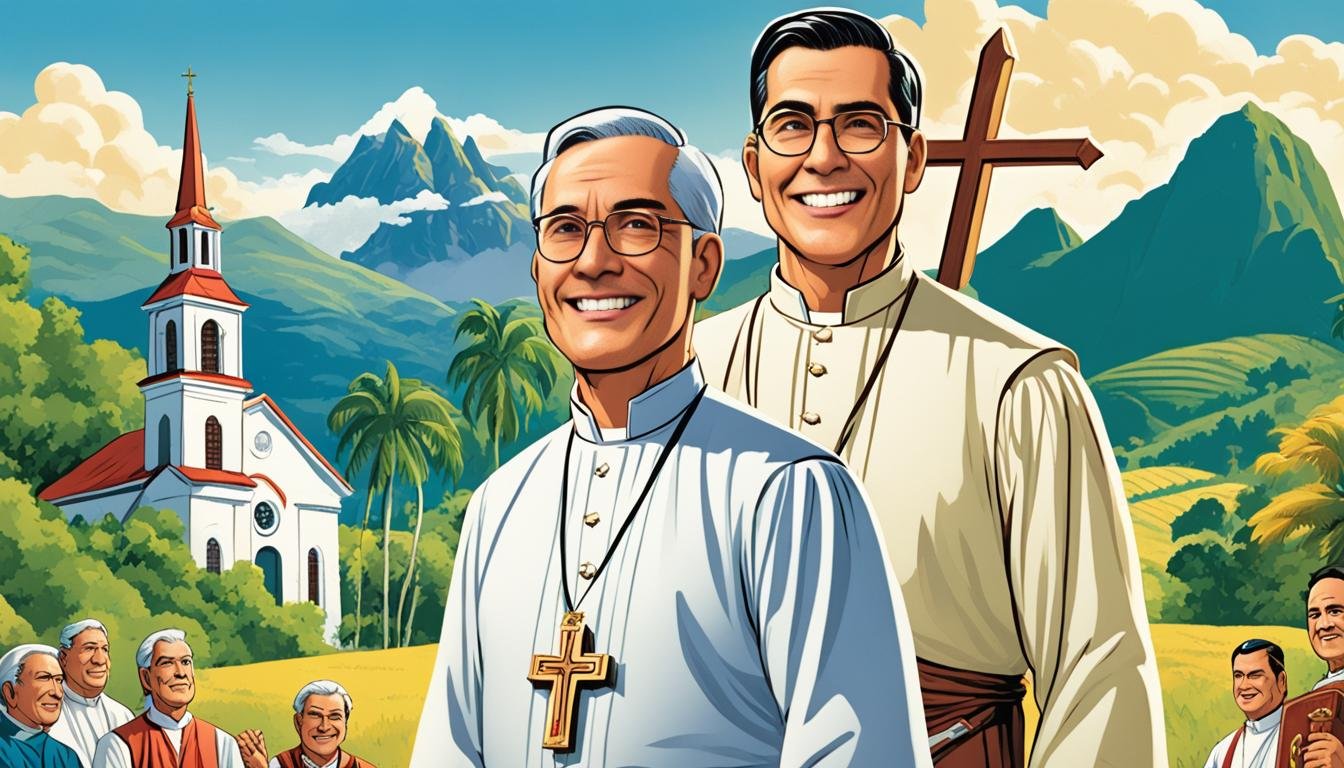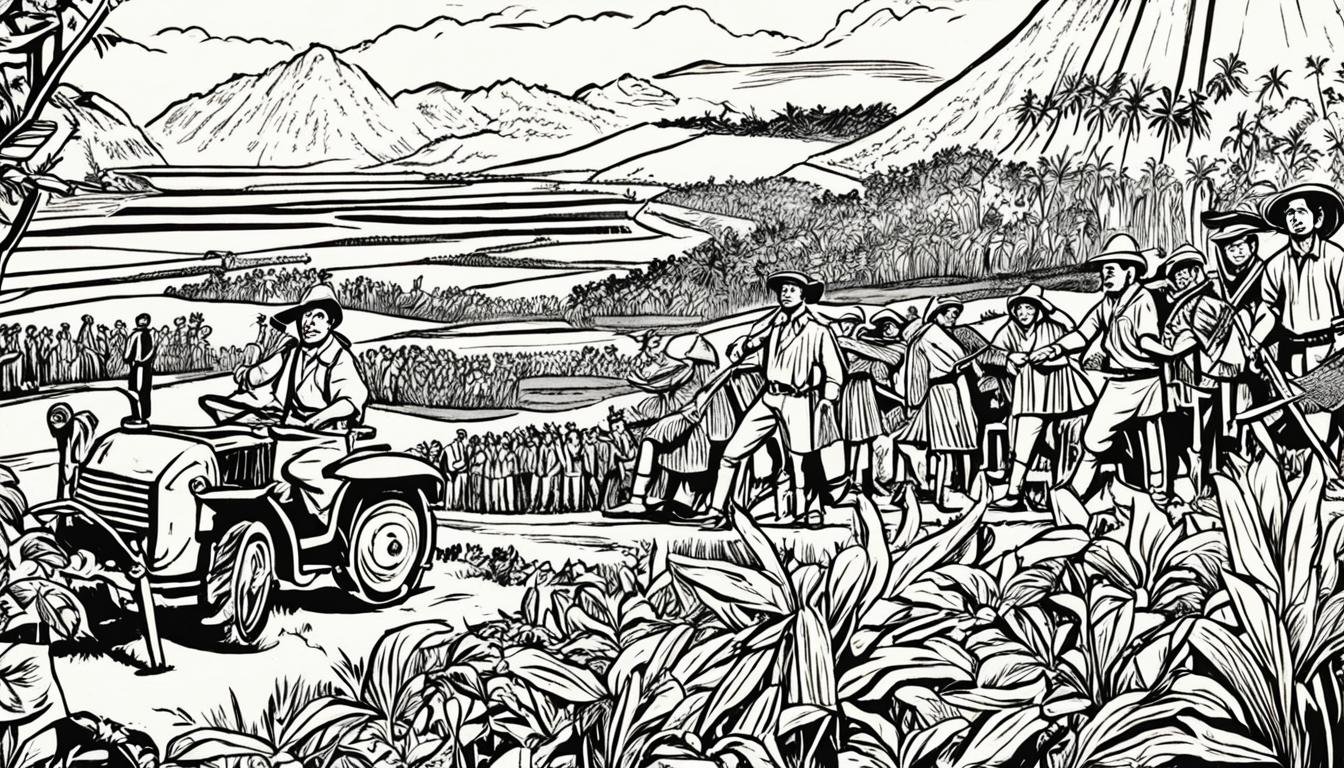Okay, let’s talk about the “Alipin.” Just hearing the word, you probably imagine someone shackled, whipped, and toiling under a brutal master. And yeah, some of that did exist. But the Alipin system in pre-colonial Philippines? It was a whole lot more complex than the simple “slave” label makes it seem. Beyond the “Slave” Label:…
Author: R.M.C.Ablir
Life as a Timawa in Pre-Colonial Philippines: No, We Weren’t All Datus and Slaves!
Ever get that feeling when you’re reading about pre-colonial Philippine history, and it seems like everyone was either a super-powerful datu lording it over everyone or a slave with zero rights? What about everyone in between? That’s where the timawa come in – the ordinary, everyday folk who formed the backbone of ancient Filipino society. We’re not…
Did Everyone in Pre-Colonial Philippines Live Like a Maharlika?
So, you’re intrigued by the maharlika, the “noble class” of pre-colonial Philippines. It’s easy to get caught up in the romantic image of warriors and princesses, isn’t it? But let’s get real. Life wasn’t all feasts and fighting. And not everyone in those days lived like a maharlika. We often hear about the datu, the maharlika, and the alipin. But…
Ever Wondered What It Was Like To Be A Maharlika Back In The Day?
You hear “Maharlika” and think, “Oh, royalty, right?”. Not exactly. It wasn’t all feasts and fancy clothes back then. Let’s dive into the real deal – the daily grind of a Maharlika in pre-colonial Philippines. More Than Just a Fancy Title: Understanding the Maharlika Class First things first, let’s break down this word “Maharlika”. In…
Remembering President Garcia’s Formosa Remarks
In 1957, President Carlos P. Garcia made a speech that changed a lot. It started a big debate over who should own Formosa (now called Taiwan). His words made people inside and outside the Philippines talk a lot, and they didn’t all agree. For a long time, there was disagreement between the Philippines and Taiwan…
The First Filipino Tycoon: The Life and Legacy of Vicente Madrigal
One man’s journey shaped the path of Philippine business. Vicente María Epifanio López Madrigal (April 5, 1880 – June 6, 1972) was a Spanish Filipino. He was a key businessman, industrialist, and politician in the Philippines during the 20th century. Madrigal created big companies in coal, oil, sugar, cement, shipping, and real estate. This built…
Lapiang Malaya: The Fanatical Political Party in the Philippines
In the 1950s and 1960s, the Philippines saw a unique political group form and then fade away. This was the Lapiang Malaya, a party driven by the strong presence of its leader, Valentin de los Santos. It started in the 1940s and gained members from the countryside in Southern Luzon. They wanted to bring what…
Navigating Faith: Indigenous Beliefs and the Inquisition in Colonial Philippines
About 90% of the Philippines’ 104 million people were Christian in 2000, notes the CIA World Factbook. Most of these were Catholic. This shows how deeply Christianity has influenced the country. The Philippines’ religious story includes native beliefs mixing with those of Spanish colonialists and the Christian faith. This mix formed a rich culture where…
Beyond Zamora and Mallari: Native Filipino Priests in Spanish Colonial Times
In the stories of native Filipino priests from colonial times, one chilling tale stands out. It’s the story of Father Juan Severino Malyari. He was accused of causing 57 mysterious murders in Magalang, Pampanga over a decade in the 1800s. This event is a stark reminder of the deep and often ignored stories of indigenous…
What Are the Social Issues in the First Philippine Republic?
Just over two years, the First Philippine Republic met many social challenges. It started in 1899 during the fight against Spain and the Philippine-American War. This new republic faced problems with class differences, not enough schools for everyone, and poverty. It also dealt with health issues, unequal treatment of men and women, and attacks from…






